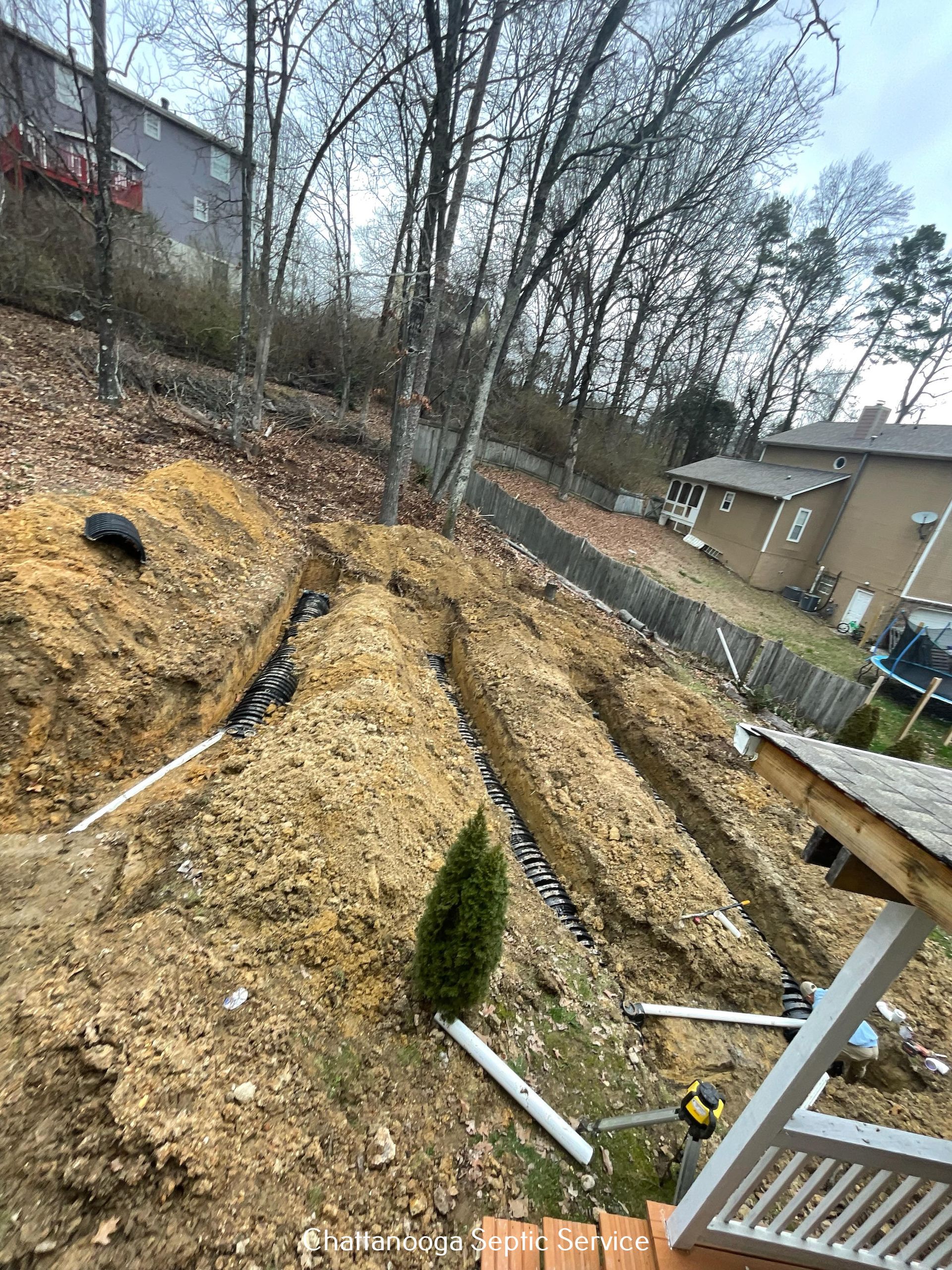A septic system consists of a sewer line from the house, a watertight underground receptacle called a septic tank, a distribution box, and a subsurface soil absorption area called a drainfield (Figure 1). Although prices can vary significantly, a basic septic system costs approximately $3,000 to install (in 1992 dollars)(1). Maintaining your septic tank does not have to be a filthy job. Without relying on a municipal treatment system, you can have your own efficient and effective wastewater management system for decades with regular septic tank maintenance.
There are two techniques to keeping your septic tank in good working order: First, you must understand how to clean and maintain your septic tank and leach field. Second, you should be mindful of how you utilize water in your home.
Why Is Septic Tank Maintenance Required?
New septic tanks can be expected to endure at least 20 years and possibly more than 40 years with proper maintenance and use. The EPA recommends that most homes have
septic tank pumping Chattanooga
every two to five years and inspections every three years. Most people should be able to care for their septic system themselves between those visits with a few steps and general best practices.
How to Care for Your Septic Tank
Make a Pumping Schedule
The majority of particles that enter the septic tank should degrade over time. However, there are always exceptions, and such items can gradually accumulate inside your septic tank, causing harm. That is why septic tank pumping Chattanooga, TN should be done regularly before any problems occur. The EPA recommends professionally cleaning your septic tank at least once every five years and potentially twice a year.
The precise timing is regulated by the size of your tank as well as the needs of your home. For example, a single homeowner with a medium-sized tank can go four years without pumping, especially if they avoid flushing anything inorganic down the drain. A large family, on the other hand, will most likely require a more regular
Chattanooga septic tank pumping schedule.
Inspect Leaks
In most cases, technicians that conduct septic tank pumping Chattanooga will also inspect the drainfield for evidence of leaks. The individual should also inspect the tank's sludge and scum layers. This might help you understand any septic repairs the professional recommends to keep the system functioning well. Plushy grassy areas around the tank and sewage-like scents are symptoms of septic system leakage between pumping operations.
If you notice this, you should contact
septic tank pumping companies in Chattanooga area to investigate more. They can give you the precise
cost to pumping septic tank in Chattanooga, TN.

Install Water-Saving Fixtures
The higher the pressure on the septic system, the more likely it may fail. While there is only so much you can do to reduce how frequently you use your home's sinks, showers, and toilets, you can influence the efficiency of your fixtures. Toilets, for example, account for approximately 25% of water consumption in the average household. Simply replacing an outdated three- to five-gallon tank toilet with a more efficient 1.6-gallon toilet saves significant water on each flush.
Similarly, replacing shower heads and washing machines with WaterSense-certified items will save water costs while benefiting your septic system.
Keep an Eye Out for the Drainfield
The drainfield (or leach field) is an important component of any septic system since it is where wastewater is dumped after it has been filtered through the system. If you are moving into a home with a septic system, ensure you understand the drainfield boundaries. You should know the location of the drainfield so you can respect it. Planting anything other than grass over the drainfield is not recommended since larger root systems can cause clogs or damage.
You should also avoid driving, parking, or constructing anything on the field in order to preserve its integrity and structure.
Be Careful when Flushing
If you just do one thing to keep your septic system in good working order, make it this: only flush toilet paper down the toilet. Even "flushable" wipes and tampons can cause havoc on your septic system and pipes. It's advisable to avoid using the garbage disposal in the kitchen and simply toss leftover food into the trash. The EPA also advises against using chemical drain cleaners, which can disrupt the ecosystem of a healthy septic system.
How Can You Tell if Your Septic System Needs to be Pumped?
Request that a professional septic system specialist inspect your tank at least once every one to three years. When the technician arrives, they will take note of your tank's scum levels. These levels should suggest when and how frequently you should pump your septic system. According to the EPA, if the top of the scum layer is 12 inches from the outlet, your tank needs to be pumped.
What Should You Do if Your Septic System Overflows?
The last thing you want (or anyone wants) is for sewage to back up into your home. However, this is possible if the septic system is not adequately maintained. If this happens, ensure you and your family avoid the sewage. According to the EPA, sewage that has backed up into your home may contain dangerous germs and bacteria.
Instead of attempting to clean it up yourself, notify your local health department of your septic system failure. You'll need to engage a professional cleanup crew to clean up the mess. After that, make sure to clean and disinfect any items that come into contact with the sewage.
How Can You Tell if Your Septic System is in Trouble?
Is your septic system producing unpleasant odors? This may indicate that something is amiss. Septic systems that are clogged with sediments are more prone to fail. This can be avoided with annual maintenance. Another cause of septic system failure could be the system's design and location.
According to the EPA, if the septic system is positioned near inappropriate soils, excessive slopes, or high groundwater tables, it may become overwhelmed with outside water sources. If you detect muddy water near your septic system, it could be an indication that the system has gathered too much liquid and is backing up.
For more information on Flush Fellas Septic & Excavating and our services, feel free to reach us via phone today: (423) 498-9839.

About the author
Charles Chandler
Charles Chandler is the founder of Flush Fellas, a septic and excavating company based in Chattanooga, TN. With a passion for providing top-notch services to his clients, Charles has established himself as a prominent figure in the industry. He has extensive knowledge of septic systems, excavation, and drainage solutions, which he uses to offer customized services that meet the specific needs of his clients. Charles is committed to providing exceptional customer service and building long-term relationships with his clients. He is dedicated to staying up-to-date with the latest industry trends and innovations to ensure that Flush Fellas continues to offer the best services possible.


